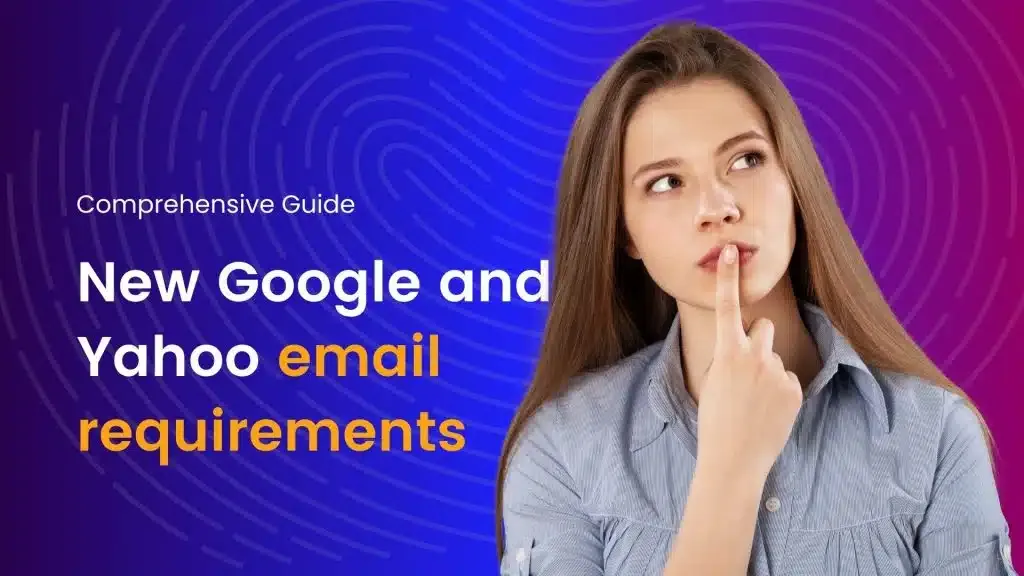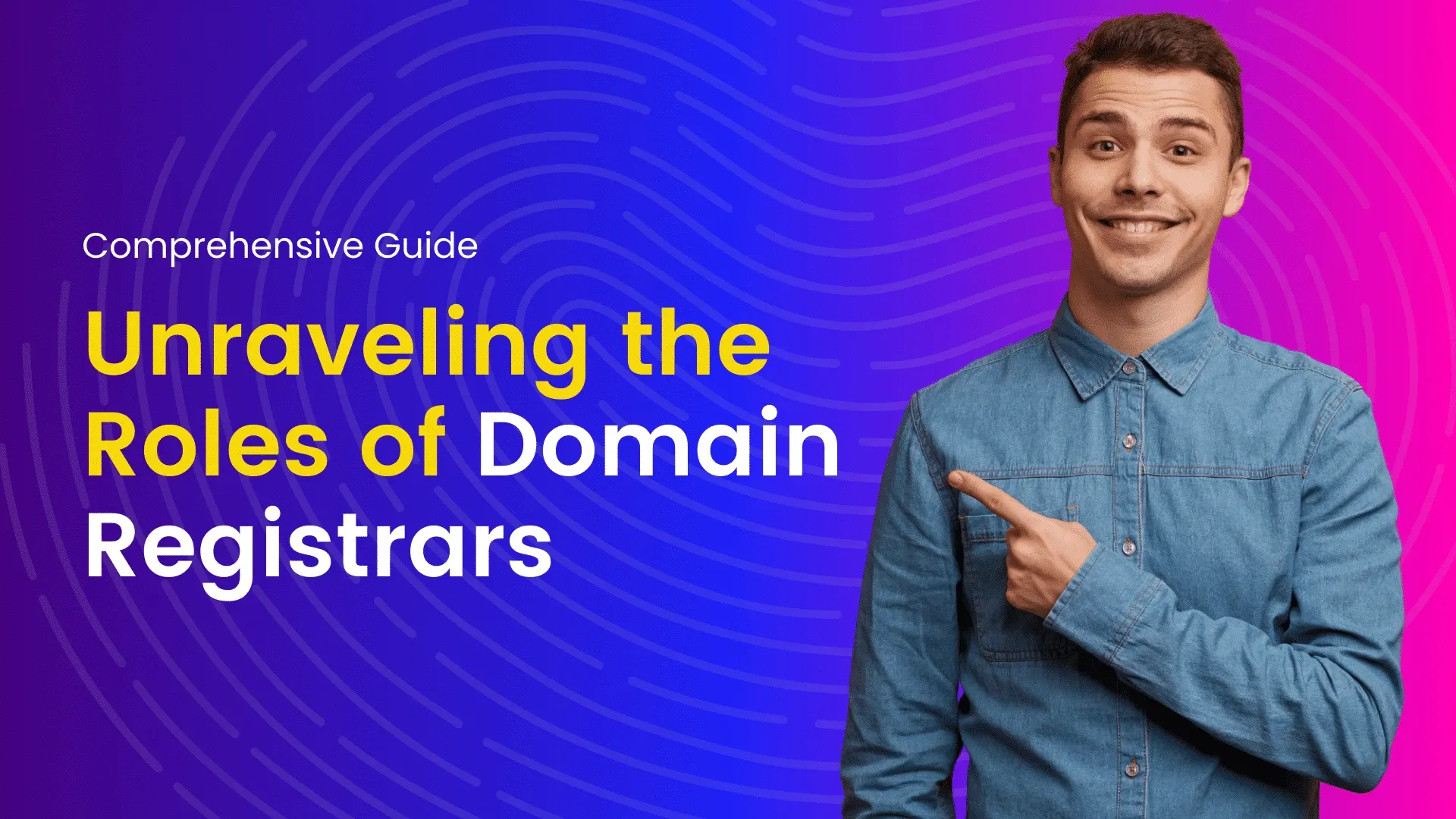In the ever-evolving landscape of online communication, email remains a fundamental tool for personal and professional correspondence. As technology advances and security threats evolve, email service providers continually update their requirements to enhance security, privacy, and user experience. Recently, both Google and Yahoo have introduced new email requirements aimed at improving the safety and reliability of their platforms.
what you need to know about these changes
Google’s New Email Requirements
Google, one of the leading providers of email services through its Gmail platform, has implemented several changes to enhance security and prevent unauthorized access to accounts. One significant change is the introduction of stricter authentication protocols, particularly for third-party email clients and applications.
- OAuth Authentication: Google now requires third-party email clients and applications to use OAuth authentication instead of traditional methods like username and password. OAuth (Open Authorization) is an industry-standard protocol that enables secure authorization between different web services. By adopting OAuth, Google aims to prevent unauthorized access to Gmail accounts and enhance overall security.
- App Passwords: For users who still rely on third-party email clients that do not support OAuth authentication, Google offers the option to generate “App Passwords.” These are unique passwords generated specifically for each application or device and can be used in place of the account’s main password. App Passwords provide a layer of security by allowing users to restrict access to specific applications without compromising their main account credentials.
- Improved Security Alerts: Google has also enhanced its security alerts to notify users promptly about suspicious account activities, such as unauthorized login attempts or unusual sign-in locations. These alerts enable users to take immediate action to secure their accounts and prevent potential breaches.
Yahoo’s New Email Requirements
Similarly, Yahoo, another prominent email service provider, has implemented updates to strengthen security measures and improve user experience.
- Two-Factor Authentication (2FA): Yahoo now encourages users to enable two-factor authentication (2FA) for their accounts. 2FA adds an extra layer of security by requiring users to provide a secondary form of verification, such as a code sent to their mobile device, in addition to their password when logging in. This significantly reduces the risk of unauthorized access, even if the password is compromised.
- Password Complexity Requirements: Yahoo has also introduced stricter password complexity requirements to enhance account security. Users are now encouraged to create stronger passwords that include a combination of uppercase and lowercase letters, numbers, and special characters. Additionally, Yahoo recommends avoiding commonly used passwords and regularly updating passwords to reduce the risk of unauthorized access.
- Email Encryption: To protect user privacy and sensitive information, Yahoo has expanded its email encryption capabilities. This ensures that emails sent and received through Yahoo Mail are encrypted, making it more challenging for unauthorized parties to intercept and read the contents of the messages.
Exploring Minimum Age Requirements for Email Account Creation with Google and Yahoo
In today’s digital age, email has become an essential tool for communication, collaboration, and access to various online services. With giants like Google and Yahoo offering free email services, millions of users around the world rely on platforms like Gmail and Yahoo Mail for their daily correspondence. However, amidst the convenience and accessibility of these services, there are age restrictions in place to ensure compliance with legal regulations and safeguard the interests of minors. Let’s delve into the minimum age requirements for creating email accounts with Google and Yahoo.
Google (Gmail)
Google, being one of the leading providers of email services through Gmail, has established clear guidelines regarding the minimum age for creating an account. As per Google’s Terms of Service, users must be at least 13 years old to sign up for a Gmail account. This requirement aligns with the regulations set forth by the Children’s Online Privacy Protection Act (COPPA) in the United States, which aims to protect the privacy of children under the age of 13 online.
By setting the minimum age at 13, Google ensures that young users are equipped with a basic understanding of online safety and privacy before venturing into the digital realm independently. This age restriction also serves to prevent children from being exposed to potentially harmful content or interactions online without adequate supervision.
Yahoo
Similarly, Yahoo, another prominent player in the email service domain, imposes a minimum age requirement for users creating Yahoo Mail accounts. Like Google, Yahoo mandates that individuals be at least 13 years old to register for an email account. This aligns with the same principles outlined in COPPA and reflects Yahoo’s commitment to providing a safe and secure online environment for users of all ages.
By adhering to these age restrictions, Yahoo aims to foster responsible online behavior among young users while also complying with legal obligations related to data privacy and protection. By setting a minimum age limit, Yahoo reinforces the importance of parental guidance and supervision in children’s online activities, thereby promoting a safer digital experience for all.
Can You Use Any Email Address to Sign Up for an Account with Google and Yahoo?
Email has become an integral part of our digital lives, serving as a primary means of communication across personal and professional spheres. With leading email service providers like Google (Gmail) and Yahoo (Yahoo Mail), creating an email account has become straightforward. However, one common question that arises is whether users can use any email address to sign up for an account with these platforms. Let’s explore this query in detail and understand the requirements set by Google and Yahoo for email address registration.
Google (Gmail)
Google’s email service, Gmail, is renowned for its user-friendly interface, robust features, and extensive integration with other Google services. When signing up for a Gmail account, users are required to provide an email address that will serve as their unique identifier within the Gmail ecosystem. While users might wonder if they can use any email address, the answer is no. Google requires users to create a new Gmail address when signing up for a Gmail account.
A Gmail address typically follows the format “username@gmail.com.” Users can choose their desired username, provided it is not already taken by another Gmail user. It’s worth noting that Gmail addresses are distinct from other email addresses and cannot be used interchangeably. Therefore, if you want to create a Gmail account, you must select a unique Gmail address during the sign-up process.
Yahoo
Similarly, Yahoo Mail, Yahoo’s email service, follows a similar protocol regarding email address registration. When signing up for a Yahoo Mail account, users must provide an email address that will serve as their Yahoo ID and primary email address. As with Gmail, users cannot use any email address but must create a new Yahoo Mail address during the sign-up process.
A Yahoo Mail address typically follows the format “username@yahoo.com.” Users can choose their desired username, provided it is available and not already in use by another Yahoo Mail user. Similar to Gmail, Yahoo Mail addresses are unique within the Yahoo ecosystem and cannot be used interchangeably with other email addresses.
In summary, when signing up for an email account with Google (Gmail) or Yahoo (Yahoo Mail), users cannot use any email address but must create a new email address specific to the respective platform. Google requires users to create a new Gmail address, while Yahoo requires users to create a new Yahoo Mail address. These unique email addresses serve as the user’s identifier within the Gmail and Yahoo Mail ecosystems, respectively, enabling them to access the full range of features and services offered by these email platforms.
Understanding Password Requirements for Google and Yahoo Email Accounts
Passwords are the primary line of defense for securing online accounts, including email services provided by tech giants like Google (Gmail) and Yahoo (Yahoo Mail). Given the sensitive nature of email communications, ensuring a strong and secure password is crucial to safeguarding personal and professional data. In this article, we’ll delve into the specific password requirements set by Google and Yahoo for their email accounts.
Google (Gmail)
Gmail, Google’s widely-used email service, employs stringent password requirements to enhance security and protect users’ accounts from unauthorized access. When creating a password for a Gmail account, users must adhere to the following guidelines:
- Minimum Length: Google requires passwords to be at least 8 characters long. Longer passwords are generally more secure.
- Complexity: Passwords should be complex and include a combination of uppercase and lowercase letters, numbers, and symbols. Mixing different character types makes passwords more resilient to brute-force attacks.
- Avoid Common Patterns: Users should refrain from using easily guessable patterns or sequences, such as “123456” or “password.” These types of passwords are highly vulnerable to hacking attempts.
- Avoid Personal Information: It’s advisable to avoid using personal information, such as names, birthdates, or addresses, in passwords. Hackers can easily guess such information, compromising the security of the account.
- Change Regularly: While not explicitly required, it’s a good security practice to periodically change your Gmail password to mitigate the risk of unauthorized access.
By adhering to these password guidelines, Gmail users can significantly enhance the security of their accounts and minimize the risk of falling victim to cyber threats.
Yahoo (Yahoo Mail)
Yahoo Mail, another popular email service, also imposes specific password requirements to ensure the security of users’ accounts. When creating a password for a Yahoo Mail account, users must meet the following criteria:
- Minimum Length: Similar to Gmail, Yahoo requires passwords to be at least 8 characters long. Longer passwords provide added security.
- Complexity: Passwords should be complex and include a mix of uppercase and lowercase letters, numbers, and symbols. Avoid using easily guessable or dictionary words.
- Avoid Personal Information: Users should avoid incorporating personal information into their passwords, as this makes them more susceptible to hacking attempts.
- Change Regularly: While not mandated, changing your Yahoo Mail password periodically is a proactive measure to bolster account security.
Understanding Email Address Format Limitations for Google and Yahoo Accounts
Email addresses serve as unique identifiers in the digital world, facilitating communication and interaction across various platforms. When creating accounts with email service providers like Google (Gmail) and Yahoo (Yahoo Mail), it’s essential to understand any limitations on email address formats to ensure compliance and successful registration. In this article, we’ll explore the specific limitations imposed by Google and Yahoo on email address formats.
Google (Gmail)
Gmail, Google’s popular email service, enforces certain restrictions on the format of email addresses during the account creation process. Here are the key limitations to consider:
- Username: The username part of a Gmail address must begin with a letter or a number. It cannot start with a period (“.”) or any other special character. Additionally, usernames cannot contain spaces or consecutive periods.
- Domain: Gmail addresses always end with “@gmail.com.” Users cannot customize or change the domain part of their email address.
- Periods: While periods (“.”) are allowed in Gmail usernames, they are ignored for the purpose of email delivery. For example, “john.doe@gmail.com” and “johndoe@gmail.com” are considered the same email address by Gmail’s system.
- Special Characters: Gmail usernames cannot contain special characters other than periods (“.”). For example, symbols like “@”, “#”, “$”, and “&” are not permitted in Gmail usernames.
By adhering to these limitations, users can successfully create Gmail accounts with compliant email addresses that meet Google’s standards.
Yahoo (Yahoo Mail)
Similar to Gmail, Yahoo Mail also imposes restrictions on the format of email addresses during the account registration process. Here are the key limitations to note:
- Username: The username part of a Yahoo Mail address must begin with a letter. It cannot start with a special character or a number. Additionally, usernames cannot contain spaces.
- Domain: Yahoo Mail addresses always end with “@yahoo.com.” Users cannot modify or change the domain part of their email address.
- Special Characters: While Yahoo Mail usernames allow certain special characters, they are restricted to specific positions within the username. Special characters such as underscores (“_”) and periods (“.”) are permitted, but they cannot be used at the beginning or end of the username.
- Numbers: While numbers are allowed in Yahoo Mail usernames, they cannot be used at the beginning of the username.
Conclusion
As email continues to be a vital communication tool in both personal and professional settings, it’s essential for users to stay informed about the latest requirements and security measures implemented by email service providers. Google and Yahoo’s recent updates aim to enhance security, protect user privacy, and mitigate the risk of unauthorized access to email accounts. By following these new requirements and adopting best practices for account security, users can enjoy a safer and more reliable email experience.
Both Google and Yahoo have established minimum age requirements for creating email accounts to ensure compliance with legal regulations and promote online safety and privacy. Users must be at least 13 years old to sign up for Gmail or Yahoo Mail accounts, aligning with the provisions of COPPA and other relevant laws governing online privacy and data protection.
These age restrictions serve as a protective measure to safeguard the interests of minors and promote responsible digital citizenship. By instilling basic principles of online safety and privacy from a young age, Google and Yahoo contribute to creating a more secure and trustworthy online environment for users of all ages.
As technology continues to evolve, it remains essential for internet users, especially parents and guardians, to remain vigilant and educate themselves and their children about the potential risks and benefits of online communication and engagement. By working together, we can ensure that the digital landscape remains a safe and inclusive space for everyone.




















